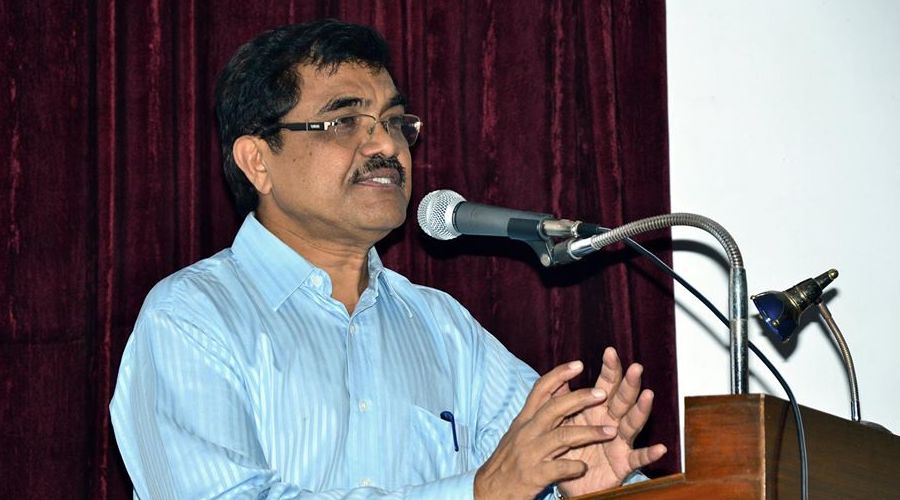Blog
-
Overcoming the Hyphenation in Marxist-feminism
Marxists and feminists have long debated the question of strategy, among other things. That common goals call for a common struggle turns out in practice to not be all that obvious. University of Toronto professor, Shahrzad Mojab, in this extract from her essay in Red October: The Russian Revolution and the Communist Horizon (LeftWord, 2017; also available as an eBook), argues for the need to keep both short-term and long-term objectives in sight. Overcoming the Hyphenation in Marxist-feminis[...] -
A letter to Anand Teltumbde
Dear Anand, On Monday, there will probably be a knock on your door. Police officers are likely to arrive to arrest you. They will carry with them a range of papers, a file overflowing with notes that refer to the Unlawful Activities Prevention Act and the Indian Penal Code. There will be plenty of references to the village of Bhima Koregaon near Pune. These papers will make hallucinatory accusations against you and others. It is hard to keep up with them: you incited violence in Bhima Koregaon[...] -
Strong Centre, Weak States?
There is a reason India has a federal structure. We’re too big and too diverse. While one ought to be wary of those who want to centralize authority, in India’s case we need to be doubly concerned now that there’s a fascist government at the Centre. In the extract below, taken from Challenges to Indian Fiscal Federalism (also available as an eBook), the authors outline how the structure of decentralized autonomy has been undermined, especially since liberalization. Quasi Federalism? Su[...] -
Possible Communism
Those who keep repeating ad nauseum that communism isn’t sustainable, should read Building Alternatives: The Story of India’s Oldest Construction Workers’ Cooperative by T.M. Thomas Isaac and Michelle Williams. Fortunately for us, this possible communism does not believe in sustaining itself through an unending cycle of bloody wars. Here’s Vijay Prashad’s preface to the book: Possible Communism Misery greets the planet. Social inequality has reached unbelievable levels – where f[...] -
India’s Tryst with the RSS
The following article is a review and comparison of two books: The RSS: A Menace to India by A.G. Noorani (LeftWord Books, March 2019), and Messengers of Hindu Nationalism: How the RSS Reshaped India by Walter Anderson & Shridhar D. Damle (Hurst & Company, 2019). A shorter version of it first appeared in the London Review of Books (‘Strictly Technical’. vol. 42, no. 6, 19 March 2020). Ψ Rashtriya Swayamsevak Sangh (RSS), the subject of the two books at hand, is arguably the oldes[...]





